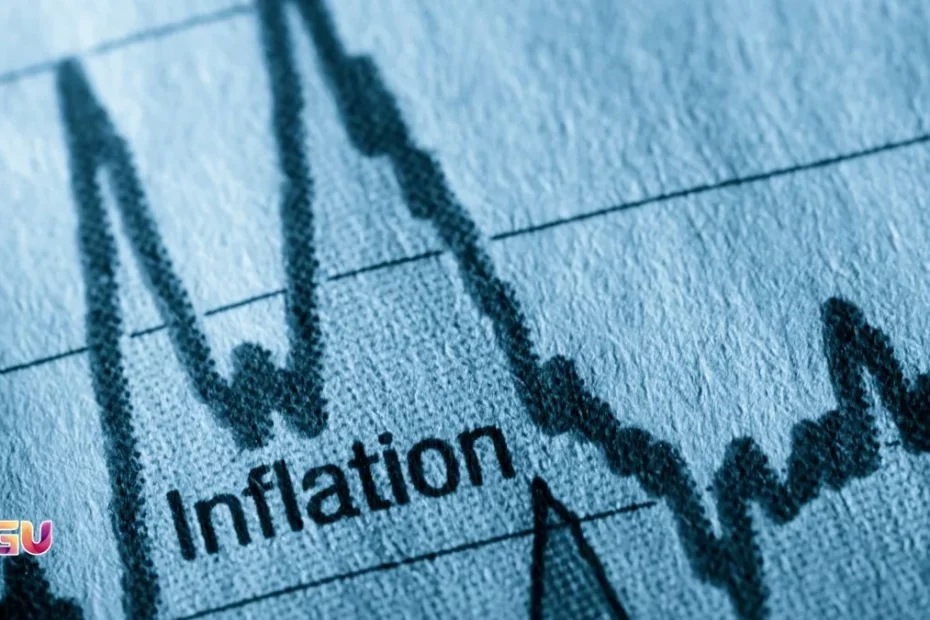A crucial inflation update this week could shake up Wall Street and the Federal Reserve as investors digest signs of economic resilience, rising price pressures, and escalating political tensions.
The Consumer Price Index (CPI) for May, set to be released Wednesday, will offer the latest glimpse into whether inflation is accelerating again—just as President Donald Trump’s tariffs begin to take effect. The stakes are high: the Federal Reserve’s next interest rate decision arrives on June 18, and Wednesday’s data could influence whether policymakers opt to hold steady or pivot in response to political pressure and market signals.
Tariffs, Prices, and Consumer Anxiety
Wall Street economists expect headline inflation to rise 2.5% year-over-year, up from April’s 2.3%—potentially marking a shift after several months of cooling data. Core CPI, which strips out food and energy, is projected to climb 2.9% annually, with a monthly rise of 0.3%, according to Bank of America.
The uptick may reflect early impacts from Trump’s recently enacted tariffs on imported goods. Consumers have already voiced concerns. Friday’s University of Michigan Consumer Sentiment Index, due out at the end of the week, is expected to remain near historic lows, despite a slight recovery in May. The survey has fallen for four consecutive months, driven in part by fears that tariffs will drive prices higher.
Market on Edge After Jobs Report
Last week’s jobs report, showing the U.S. added 139,000 jobs in May and held the unemployment rate steady at 4.2%, helped the S&P 500 rebound above 6000. While the headline numbers calmed recession fears, economists warned of softening beneath the surface—including downward revisions to April’s job gains and a rising jobless rate among prime-age workers.
“The Fed and markets appear to be looking at labor market conditions at a surface level while ignoring obvious signs of weakness underneath,” said Neil Dutta, head of economics at Renaissance Macro.
Trump vs. Musk Adds to Uncertainty
Meanwhile, tensions between President Trump and Tesla CEO Elon Musk are roiling markets. Trump slammed Musk over his criticism of the administration’s tax bill and vowed to terminate federal contracts tied to Tesla. The feud triggered a historic 14% drop in Tesla stock—its largest single-day loss—though shares rebounded modestly on Friday.
The political clash could further complicate economic policy ahead of the Fed’s decision, especially as the White House continues pushing lawmakers to approve Trump’s controversial budget plan.
What’s Next for the Fed?
With Fed officials now in a pre-meeting blackout period, markets will be left to interpret the CPI report and sentiment data on their own. A hotter-than-expected inflation number could stoke fears of persistent price pressures—complicating the case for rate cuts that Trump has demanded in recent weeks.
For now, traders are cautiously optimistic. But as inflation, tariffs, and political drama collide, this week’s economic data could be the tipping point for both the Federal Reserve and financial markets.
